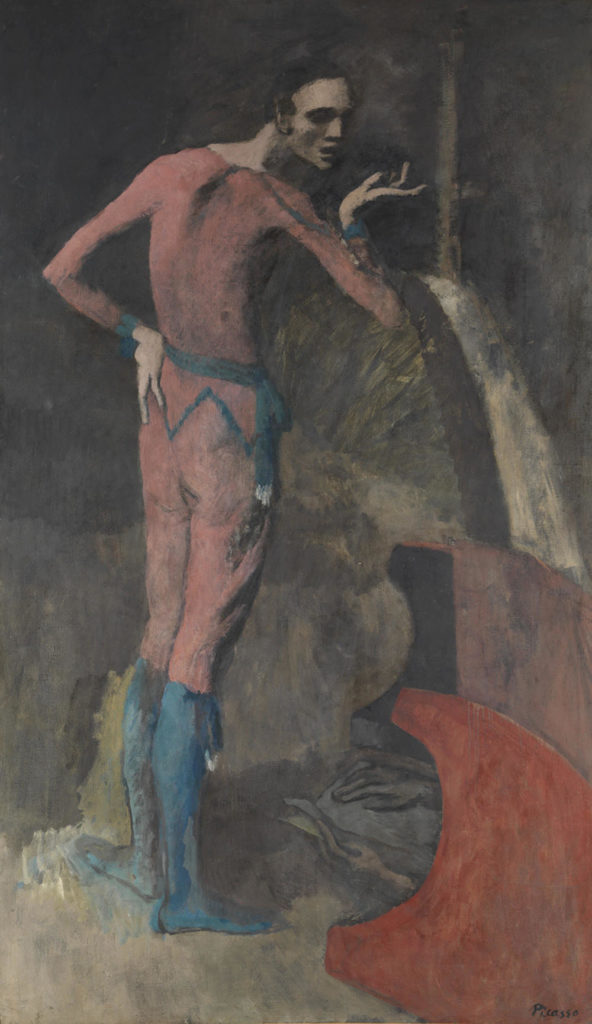Law & Politics
An Appeals Court Says the Met Can Keep Its $100 Million Picasso, Ending a Drawn-Out Restitution Case
The court ruled that the heirs had waited too long to seek their restitution claim.

The court ruled that the heirs had waited too long to seek their restitution claim.

Taylor Dafoe

It appears that a long battle over a prized Picasso painting has finally come to a close.
Yesterday, the United States Court of Appeals upheld a ruling laid down by a federal judge last year that the Metropolitan Museum of Art is the rightful owner of a Picasso’s The Actor (1904–05). According to the family of the picture’s previous owner, the Rose-period work, now valued well over $100 million, was sold by their ancestor in the 1930s to fund his escape from Nazi Germany.
But the court ruled that the family had waited too long to seek restitution, and that the Holocaust Expropriated Art Recovery Act of 2016—a statue that provides victims of Nazi persecution the opportunity to recover stolen works of art—did not apply because of the time lapse.
“Based on the unusual circumstances presented by the complaint, we conclude that the Met has been prejudiced by the more than six decades that have elapsed since the end of World War II,” Chief US Circuit Judge Robert Katzmann wrote on behalf of a three-judge panel.
“This time interval has resulted in ‘deceased witnesses, faded memories… and hearsay testimony of questionable value,’ as well as the likely disappearance of documentary evidence,” the judge wrote, quoting a separate decision.
Laurel Zuckerman, the great-grandniece of German-Jewish businessman Paul Leffmann, filed suit against the Met in 2016, claiming that Leffmann was forced to sell the canvas under duress. Per restitution laws, she argued, the painting belonged to the family.
Courts haven’t agreed. In February 2018, a judge in New York’s Southern District Court ruled against Zuckerman, stating that “under New York law, the defendant must have caused the duress,” and that “a general state of fear rising from political circumstances is not sufficient to allege duress.”
Zuckerman appealed the case shortly thereafter. “We believe that the District Court erred as a matter of law and policy,” Zuckerman’s lawyer, Lawrence Kaye of New York’s Herrick Feinstein law firm, told artnet News at the time.
“We’re disappointed by the decision,” Kaye said of the new ruling. “We are looking at our next steps with the client and are considering petitioning for a rehearing of the case.”
“This remarkable painting was a gift to the Museum, and it is our mission to share it with the widest possible audience,” a spokesperson from the Met said in a statement. “The Met considers all Nazi-era claims thoroughly and responsibly, and has restituted objects when evidence indicates that they were unlawfully appropriated during the Nazi era, which is not the case here. We are appreciative that today’s court ruling enables the continued public display of this work.”